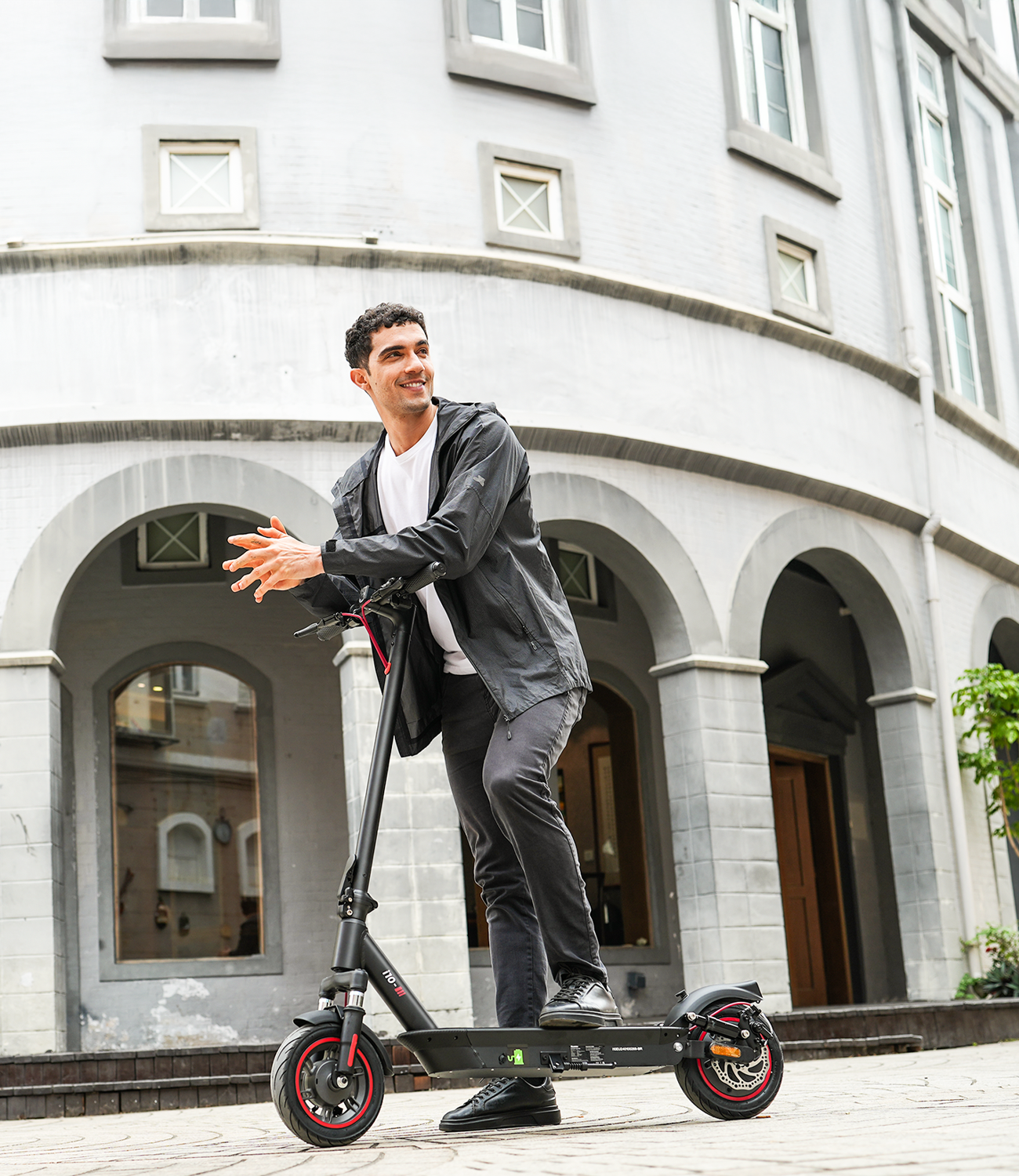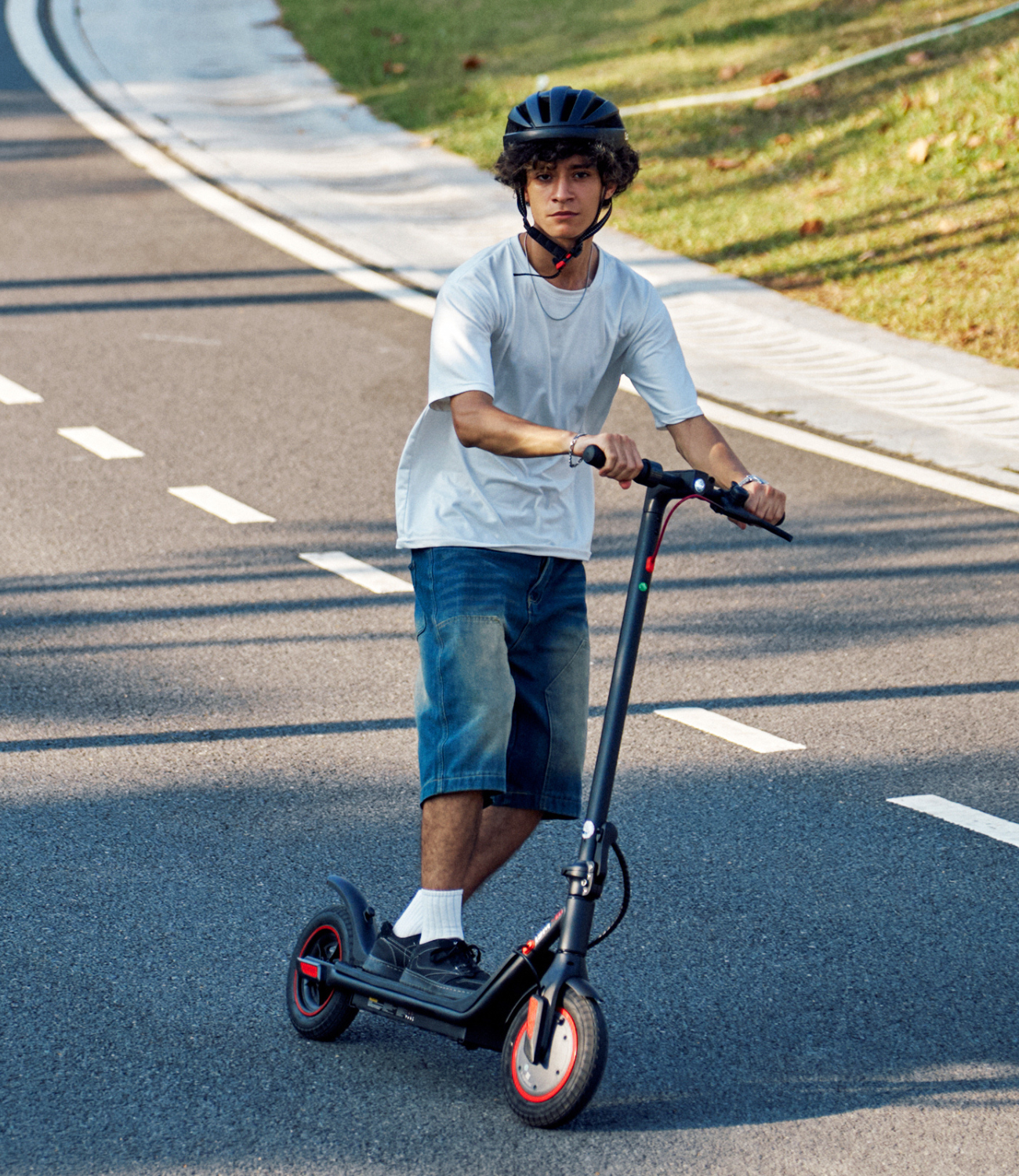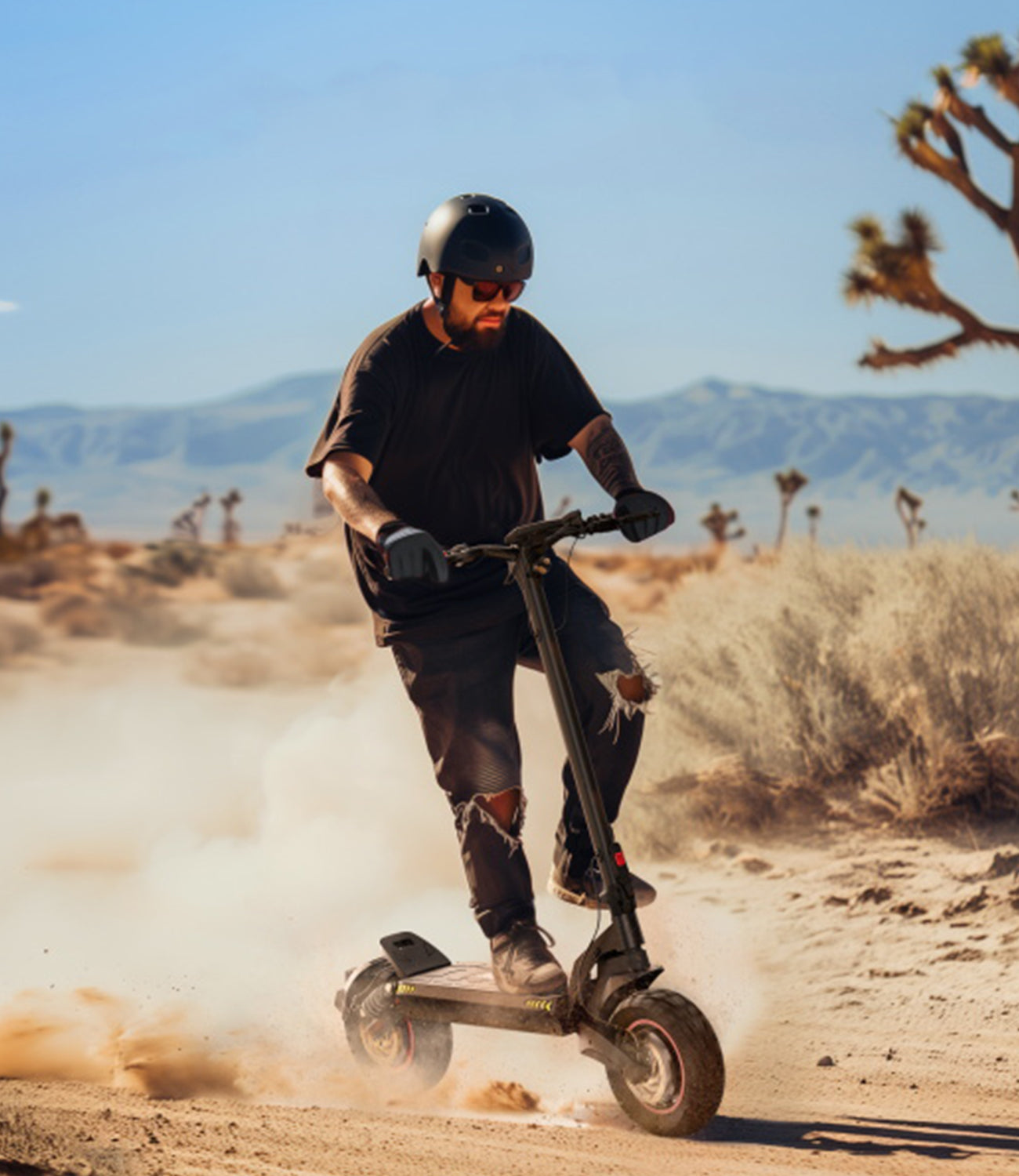A General Guide to U.S. Electric Scooter Laws (Updated 2025)
Thinking about riding an electric scooter in the U.S.? Before you hit the road, it’s important to know electric scooter laws in your state as they can be very different depending on where you live. In some states they’re treated much like bicycles, while in others the restrictions are far stricter.
This electric scooter laws 2025 guide breaks down electric scooter rules in all 50 states, including where you can ride, speed limits, age restrictions, registration and licensing requirements, equipment standards, and even DUI laws, so you know exactly how to stay safe and legal.

(i8M)
Key Takeaways of U.S. Electric Scooter Laws (2025)
- Road Types Allowed: Most states permit scooters on bicycle lanes; many allow use on streets or sidewalks under certain conditions; and some are conditional on these three typical road types like concerning electric scooter laws in Georgia.
- Road Types Prohibited: Sidewalks are explicitly prohibited in several states (e.g., Arkansas, California, Oregon, etc.), while others leave restrictions to local regulations as Michigan electric scooter laws require. Besides, Delaware prohibited electric scooters on bicycle lane, street and sidewalks, and riding electric scooters on the street is not permitted in Montana.
- Maximum Speed: Usually capped at 15–20 mph, but ranges can vary from 10 mph (Illinois) up to 30 mph (Missouri). Some states have no formal limit such as electric scooter laws in Pennsylvania.
- Minimum Age: Most states set the minimum age at 16 years. However, one allows younger riders (as low as 8 in Utah), while some require older riders (18 according to Nebraska and Illinois electric scooter laws).
- Registration Required: Generally not required such as electric scooter laws New Jersey, though a few states mandate registration (Hawaii, Idaho, New Hampshire).

(i9M)
- License Required: A license is usually not required, but there are exceptions. For instance, California electric scooter laws require riders to hold a valid license.
- Lights Required: Typically required at night. A few states require lights at all times (based on electric scooter laws Ohio), while others defer to local rules.
- Helmet Rules: Vary widely as some states require helmets for all riders (Massachusetts, Oregon); others only for minors, for example, Florida electric scooter laws require helmets for riders under 16; and a few leave it to local authorities.
- Brakes Required: Most states mandate working brakes as electric scooter laws Washington State does; a few exceptions exist (e.g., Montana, Minnesota, etc.).
- DUI Laws: Scooter riders are generally subject to DUI penalties in some states(eg., Kentucky, New York, and under electric scooter laws in Texas, etc.), similar to motor vehicle drivers.
In short, always check your local rules before riding, since regulations can differ widely.
For more details, download the guide in DOCX or PDF format.
Electric Scooter Laws in the U.S. docx
Electric Scooter Laws in the U.S. pdf
Sources: ERideHero, 2025 updates.

(iX3)
Final Words
Navigating these laws is the first step to a safe ride. The next step is choosing a scooter that’s built to comply with U.S. electric scooter laws. iScooter offers models for almost every rider, from compact commuters like the i8M and i9M, to powerful all-terrain scooters like the iX3. Each scooter comes with bright front and rear lights, dual brakes, durable tires, and smart app control, which provides a safer and more enjoyable ride wherever you go.
Whether you’re a student, a city commuter, or simply want a greener ride, iScooter is here to make your journey smoother.
Important Disclaimer: This guide provides a general overview of state laws and is for informational purposes only. It is not legal advice. Local ordinances (city and county rules) can differ greatly and are often more restrictive. Regulations change frequently. Always verify the most current laws with your local Department of Transportation or city government before riding.


























